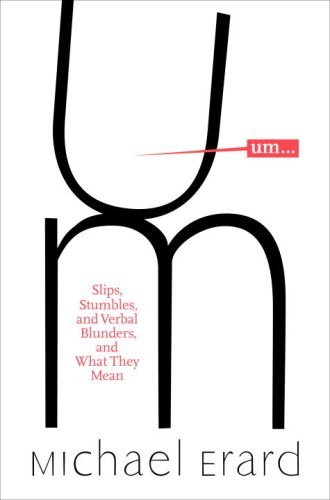What do you think?
Rate this book


304 pages, Hardcover
First published January 1, 2007
On one hand, criticizing how smart or competent or moral a person is because he or she doesn't speak like you do (or as you expect them to) smears a larger set of people than you'd think, including nonnative speakers of English, stutterers, people with diseases that impact their motor control, and the elderly. Liberals shouldn't talk about speaking this way - it contradicts how they work to include everybody and make sure that everyone has equal opportunity.That's a nice shout out at the end, but really? We should be easy on Bush because there are people in this country who have Parkinson's or don't speak English as a first language? That makes absolutely no sense. At all.